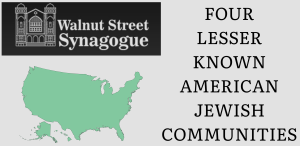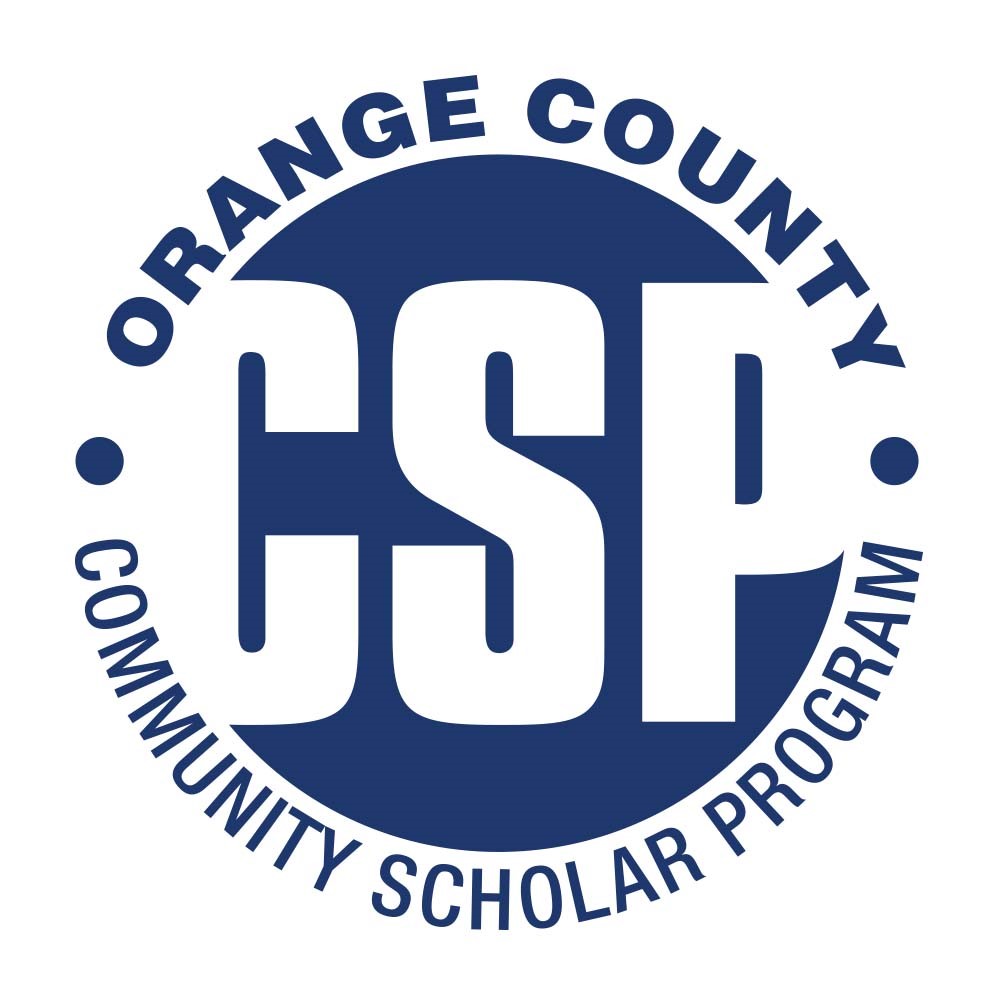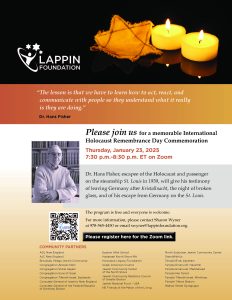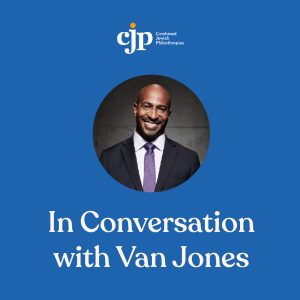JOIN OUR MAILING LIST
JANUARY 2025 PROGRAMS
FOUR LESSER KNOWN AMERICAN JEWISH COMMUNITIES

The Walnut Street Synagogue is pleased to present our Four Lesser Known American Jewish Communities series. Join us for our third program, a live virtual Jewish tour of Hawaii, on Wednesday, December 15 at 7:00 pm EST. Please visit our event webpage for more details and to register.
U. S. Travel Series details
CSP
The Walnut Street Synagogue is pleased to be a partner congregation of the Orange County Jewish Community Scholar Program. Please join us at an upcoming program!

Archaeology of the Holy Land – A Journey Through Time and Excavation
Session 1 – Introduction to Archeology – Monday, January 6, 1:00 pm EST (online)
Session 2 – Archaeological Methodology – Wednesday, January 8, 1:00 pm EST (online)
Session 3 – Jerusalem: Topography and Early Development – Friday, January 10, 1:00 pm EST (online)
Session 4 – Jerusalem in the Iron Age – Monday, January 20, 1:00 pm EST (online)
Session 5 – The Persian Period in Jerusalem – Wednesday, January 22, 1:00 pm EST (online)
Session 6 – The Early Hellenistic Period: Changes Post-Alexander the Great – Friday, January 24, 1:00 pm EST (online)
Session 7 – Hellenistic Period: Wadi Daliyeh, Samaria, Jerusalem – Monday, January 27, 1:00 pm EST (online)
Session 8 – Hellenistic Period: Iraq el-Emir, Marisa, Dor – Wednesday, January 29, 1:00 pm EST (online)
Session 9 – The Late Hellenistic (Hasmonean) Period in Jerusalem – Friday, January 31, 1:00 pm EST (online)
(online in partnership with the Orange County Jewish Community Scholar Program)
Join Prof. Jodi Magness, a renowned archaeologist and Kenan Distinguished Professor at the University of North Carolina at Chapel Hill, in a fascinating lecture series exploring the rich history of the Holy Land from 586 BCE to 640 CE. This course covers pivotal events from the rise of Jerusalem under King David to the Muslim conquest, including the Hasmonean revolt, the grandeur of Herod’s palaces, and the Roman siege of Masada. Participants will gain deep insights into archaeological methods, discover significant tombs and burial practices, and explore how ancient texts shape our understanding of the past. Prof. Magness brings her extensive expertise, as demonstrated in her award-winning books and numerous excavations in Israel, to provide a comprehensive view of how ancient Jews lived, worshiped, and interacted with surrounding empires. This program is fully funded by a grant from the Jewish Community Foundation Orange County.
Session 1 – Introduction to Archeology – This session will cover the basics of archaeology, defining it as a discipline and exploring its historical development. We’ll discuss various sub-disciplines within archaeology, such as prehistoric, historical, and environmental archaeology, and their unique methodologies.
Session 2 – Archaeological Methodology – Dive into the scientific aspects of archaeology, focusing on excavation techniques including surveying, digging, and artifact processing. The
importance of context in archaeological finds and the role of technology in modern excavations will also be discussed.
Session 3 – Jerusalem: Topography and Early Development – Explore the natural topography and geographical features of Jerusalem that influenced its early settlement patterns. This lecture will trace the city’s development from the Bronze Age through key archaeological discoveries.
Session 4 – Jerusalem in the Iron Age – Focus on Jerusalem during the Iron Age, often referred to as “biblical Jerusalem.” Special attention will be given to the reigns of David and Solomon, the city’s complex water systems, and the impact of the Babylonian destruction in 586 BCE.
Session 5 – The Persian Period in Jerusalem – Examine the period of Jerusalem’s resettlement under Persian rule, led by figures like Ezra and Nehemiah. Discussion will include the construction and significance of the Second Temple and the socio-political changes during this era.
Session 6 – The Early Hellenistic Period: Changes Post-Alexander the Great – Analyze the profound changes across the Eastern Mediterranean following Alexander the Great’s conquests, focusing on the Hellenistic influence on local cultures, including the Jewish community.
Session 7 – Hellenistic Period: Wadi Daliyeh, Samaria, Jerusalem – Examine the archaeological remains found in Jerusalem and Samaria that shed light on the Hellenistic period’s impact on these regions, exploring urban development and cultural shifts.
Session 8 – Hellenistic Period: Iraq el-Emir, Marisa, Dor – • This session covers archaeological sites like Iraq el-Emir, Marisa, and Dor, examining how non-Jewish populations in these areas adopted Greek cultural elements after Alexander’s conquest.
Session 9 – The Late Hellenistic (Hasmonean) Period in Jerusalem – Explore the Maccabean Revolt and the establishment of the Hasmonean dynasty, focusing on political, cultural, and religious developments during this period.
Unearthing the Past – A Behind-the-Scenes Virtual Tour of Jerusalem’s New Archaeology Campus
Wednesday, January 15, 1:00 pm EST (online)
(online in partnership with the Orange County Jewish Community Scholar Program)
Join CSP for an exclusive virtual one-hour “sneak peek” tour of the National Campus for the Archaeology of Israel, the Israel Antiquities Authority’s innovative new center that is opening next year to the general public. Designed by world-renowned architect Moshe Safdie, this remarkable facility is more than a museum—it’s a dynamic workspace where visitors can witness the archaeological process unfold. While the top floor showcases five mosaics never before displayed publicly including the famous Ein Gedi mosaic, the real magic happens behind the scenes. Visitors are offered a rare glimpse into labs where artifacts are excavated, cleaned, restored, and preserved before being revealed to the public. The campus itself is a masterpiece, designed to mirror an archaeological dig, with its entrance on a shaded rooftop and levels descending like strata. Located next to the Israel Museum and the Bible Lands Museum, the center also boasts the largest archaeological library in the Middle East and breathtaking views of Jerusalem. Guided by Nachliel Selavan, this tour promises an extraordinary exploration of ancient treasures and cutting-edge archaeological work. Don’t miss this opportunity to uncover Israel’s rich history in a whole new way!
Nachliel Selavan, an expert in Tanakh, Jewish history, and museum education, holds double majors in Tanakh and Mass Media, an MA from the Hebrew University’s Melton School of Jewish Education, and a second MA in Ancient Jewish History from Yeshiva University. With extensive experience teaching in Israel and the U.S., Nachliel has captivated thousands of students through formal and informal educational settings. His unique approach, sTOURytelling™, combines hands-on learning with museum tours, making history and art come alive. Currently residing in Israel, Nachliel continues to guide museum tours across the U.S., Europe, and Israel, including the Israel Museum. His tours cover diverse and intriguing topics, making each experience memorable and educational. Born and raised in Jerusalem’s Old City, he brings a rich family history and a deep connection to Israel.
From Hannover to JTS – A Legacy of Rabbinic Vision
Featuring Dr. Ismar Schorsch in conversation with Rabbi Elie Spitz
Monday, January 13, 1:00 pm EST (online)
(online in partnership with the Orange County Jewish Community Scholar Program)
Join us for a special conversation with Dr. Ismar Schorsch, chancellor emeritus of the Jewish Theological Seminary (JTS) and a distinguished scholar of Jewish history, as he reflects on his personal and professional journey. In this intimate program, Dr. Schorsch will explore his father Rabbi Emil Schorsch’s experience as a rabbi in pre-war Germany, his family’s life-altering decision to leave for America following Kristallnacht, and the profound impact of these formative years. We will delve into topics such as the influence of the Breslau Seminary, the challenges of assimilation in Hamburg, and the spiritual and intellectual legacy passed from father to son. Dr. Schorsch will also share insights from his own scholarship, including his work on Leopold Zunz and reflections on his 20 years as JTS chancellor, offering words of wisdom and encouragement for the future of American Jewry. Don’t miss this unique opportunity to engage with one of the foremost voices in Jewish academia and leadership.
Dr. Ismar Schorsch is chancellor emeritus of JTS and the Rabbi Herman Abramovitz Distinguished Service Professor of Jewish History. A renowned scholar and leader, Dr. Schorsch served as JTS chancellor for 20 years, advancing Conservative Judaism as a dynamic expression of Rabbinic tradition and elevating JTS’s global impact. His leadership included the creation of the William Davidson Graduate School of Jewish Education, the expansion of the Schechter Institute in Jerusalem, and the founding of the Solomon Schechter High School of New York. He championed Jewish education, equality in Israel, and modern Jewish scholarship, receiving honors such as the Moses Mendelssohn Prize and honorary degrees from Tufts University and the Russian State University for the Humanities. An advocate for public issues like religious pluralism, environmental ethics, and healthcare reform, Dr. Schorsch’s influence extended far beyond academia. Since retiring in 2006, he has returned to scholarship, with works like Leopold Zunz: Creativity in Adversity and Canon Without Closure. Ordained at JTS in 1962, he holds advanced degrees from JTS and Columbia University, where he earned his PhD in Jewish History.
Rabbi Elie Kaplan Spitz, a spiritual leader and scholar specializing in topics of spirituality and Judaism, teaches, writes and speaks to a wide range of audiences. He served as the rabbi of Congregation B’nai Israel in Tustin, California, for over three decades and served as member of the Rabbinical Assembly Committee on Law and Standards for twenty years. Rabbi Spitz is author of Duets on Psalms: Drawing New Meaning from Ancient Words, co-authored with Rabbi Jack Riemer, Healing from Despair: Choosing Wholeness in a Broken World, Does the Soul Survive? A Jewish Journey to Belief in Afterlife, Past Lives & Living with Purpose and Increasing Wholeness: Jewish Wisdom and Guided Meditations to Strengthen and Calm Body, Heart, Mind and Spirit (all Jewish Lights) and many articles dealing with spirituality and Jewish law. Rabbi Spitz spent the past 17 months teaching the Psalms with half-hour presentations for each Psalm (recently completing all 150 Psalms!).
Program video
COMMUNITY PARTNER PROGRAMS
A Personal Encounter with Pastor Dumisani Washington: Blacks, Jews and Israel
Thursday, January 30, 8:00 pm EST CANCELLED – TO BE RESCHEDULED
(online program presented by the Massachusetts Antisemitism Synagogue Task Force)
Pastor Dumisani Washington, Founder and CEO of the Institute for Black Solidarity with Israel and author of Zionism and the Black Church, will discuss his book as well as relations between the Black community and the Jewish community, and his new project, the African Jewish Alliance. Pastor Washington is the founder and CEO of the Institute for Black Solidarity with Israel. The Walnut Street Synagogue is pleased to be a community partner for this program.
Blacks, Jews and Israel flyer
International Holocaust Remembrance Day Commemoration
Thursday, January 23, 7:30 pm EST CANCELLED – TO BE RESCHEDULED
(online program presented by the Lappin Foundation)

The Walnut Street Synagogue is pleased to be a community partner for the International Holocaust Remembrance Day Commemoration, presented by the Lappin Foundation. Dr. Hans Fisher, escapee of the Holocaust and passenger on the steamship St. Louis in 1939, will give his testimony of leaving Germany after Kristallnacht, the night of broken glass, and of his escape from Germany on the St. Louis.
International Holocaust Remembrance Day 2025 flyer
In Conversation with Van Jones

Thursday, January 23, 8:30 am EST
(online program presented by Combined Jewish Philanthropies)
CJP invites you to join a unique opportunity to hear from esteemed political commentator and New York Times commentator Van Jones. Van will be in conversation with CJP’s President and CEO, Rabbi Marc Baker, where together they will discuss a range of topics, including American democracy, the election, the Middle East and its impact on American life, allyship, and, of course, Van’s personal journey.
The Genevieve Geller Wyner Annual Lecture: Catholic and Jewish Communities’ Reactions to Antisemitic Violence in Wartime Boston
Wednesday, January 22, 6:00 pm EST
(online program presented by the Wyner Family Jewish Heritage Center)
Professor Laurel Leff, the Jewish Heritage Center’s 2024 Genevieve Geller Wyner Research Fellow, will explore the tensions between Boston’s Catholic and Jewish communities during World War II. Groups of young Irish Catholics rampaged through Boston’s Jewish neighborhoods during the height of World War II. Boston’s Catholic Church said little, and the Jewish community responded with its own form of denial and willful ignorance, hoping to make the conflict go away. As part of her research into the church’s role during the Holocaust, Leff examines the fears, forebodings, and rocky relationship of these two important groups in Boston’s history.
COMMUNITY PARTNER PROGRAMS FOR TEENS
Teen Antisemitism Task Force
Tuesday, January 21, 7:30 pm EST
(online program sponsored by the Lappin Foundation)
High school students of all faiths are invited to join the Teen Antisemitism Task Force. Be educated about antisemitism and learn ways to combat it at your schools, on social media, and in your communities. This month the task force will have an open meeting to discuss personal experiences around antisemitism.
Teen Antisemitism Task Force Flyer
Teens Feed
Tuesday, January 14, 6:00 pm EST
(in person at Congregation Shirat Hayam, 55 Atlantic Ave. Swampscott)
Jewish teens in grades 7-12 are invited to participate in the mitzvah of caring for the stranger by preparing meals for Lifebridge North Shore. Teens learn about the connection between Judaism and social justice while contributing to the well-being of our community. Dinner will be served to teen volunteers. Sponsored by the Lappin Foundation
Teens Feed flyer
YAD CHESSED

Yad Chessed helps Jewish individuals and families who struggle with financial hardship pay their bills and buy food. As a social services agency rooted in the Jewish values of kindness (chessed) and charity (tzedakah), they are committed to helping those in need navigate a path toward financial stability while preserving their privacy and dignity. They provide emergency financial assistance, grocery gift cards and compassionate advice for those trying to make ends meet. Hundreds of families and individuals throughout the state rely on Yad Chessed to provide for their essentials, and even at times, a Jewish burial for a loved one. Members of our community, as well as others in the Jewish community, who need assistance may contact Yad Chessed by phone at 781-487-2693 or by Email at intake@yadchessed.org for a confidential conversation. Questions can be directed to info@yadchessed.org.
Support Yad Chessed
